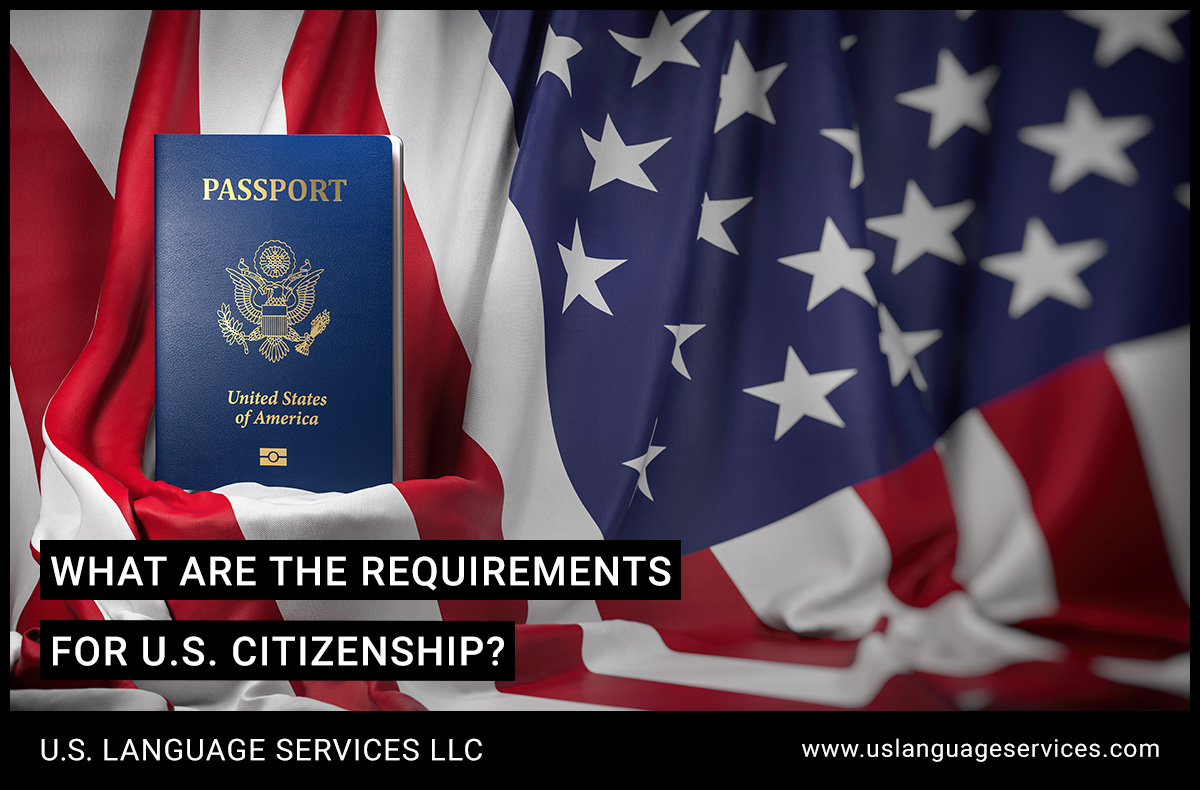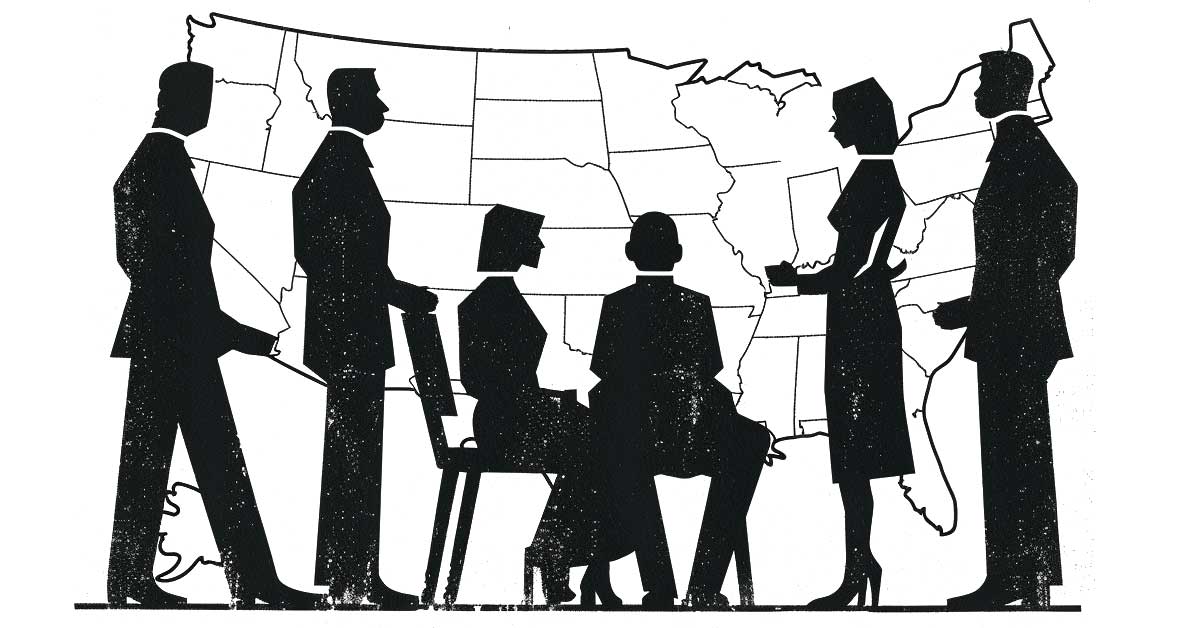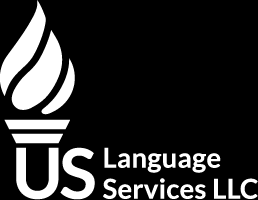What are the requirements for U.S. Citizenship?
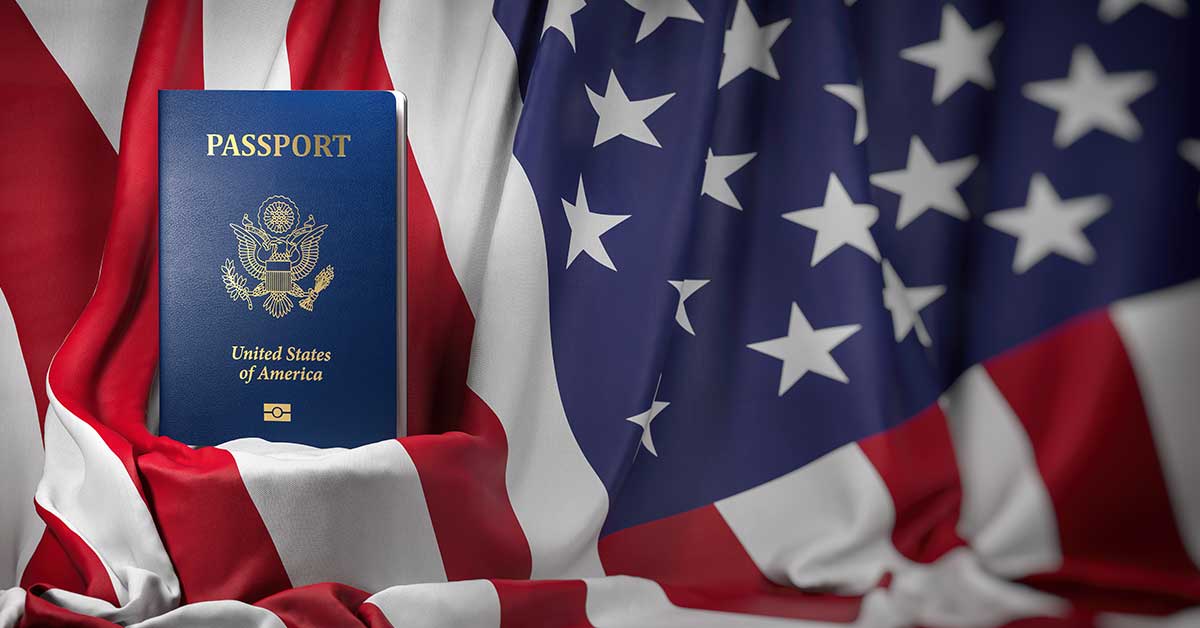
To become a citizen of the United States through the process of Naturalization, you must meet certain requirements.
Note: Throughout this guide we will use the term “lawful permanent resident” to refer to green card holders because “lawful permanent residents” is the name used by USCIS.
These are the general requirements to apply for U.S. citizenship:
- You must be at least 18 years of age.
- Lawful permanent residents must prove continuous residence and physical presence in the U.S.
- You must be a legal resident of the state or USCIS district where you plan to apply for citizenship for at least 3 months prior to applying.
- You must be a person of “good moral character” according to the U.S. government.
- You must pass a naturalization test demonstrating English skills and civic understanding.
- Males between the ages of 18 and 25 must register with the selective service.
- You must be willing to support and defend the U.S. Constitution.
Below, we will discuss each of these requirements in more detail.
You must be at least 18 years of age
What is the minimum age requirement for U.S. citizenship?
In almost every situation, a person should be at least 18 years of age to apply for U.S. citizenship.
The only exception to this age requirement would be for applicants who served in the U.S. military when they were 17. The U.S. government allows permanent residents who are 17 to join the U.S. military, with parental consent. In this rare situation, it’s possible for a person who is only 17 years old to apply for U.S. citizenship.
Should my documents be translated into English?
When you apply for naturalization, any documents in a language other than English must be translated in English.To ensure that your naturalization application is processed quickly, it helps to use a certified translator.
Some documents that commonly need to be translated for immigration purposes include:
- Criminal records
- Birth certificates
- Marriage certificates
- Divorce decrees
- Military service records
You can order a certified translation of these documents from our online store:
Order Your Certified Translation
Lawful permanent residents must prove continuous residence and physical presence in the U.S.
How many years do I have to live in the U.S. before I can apply for citizenship?
This depends on your situation. Primarily, there are three categories of applicants for U.S. citizenship.
- Most people need to demonstrate continuous residence by living in the U.S. for 5 years as a permanent resident before they apply for citizenship.
- If you are married to a U.S. citizen, you only have to live in the U.S. for 3 years as a permanent resident before applying for citizenship.
- There is no minimum time period for members of the U.S. military to live in the U.S. before applying for citizenship. They simply have to be a lawful permanent resident (green card holder) by the day they apply for citizenship.
What is continuous and physical presence in the U.S.?
Permanent residents have to demonstrate continuous residence in the U.S. This means, applicants cannot take any trips of 6 months or longer outside the U.S. during their 3 or 5 year waiting period of continuous residence.
The good news is, this means applicants are allowed to travel outside of the U.S. for less than 6 months per trip. But you should always be careful to return to the U.S. in time.
Important: USCIS states that frequent absences of less than 6 months can potentially result in a rejection of your application for citizenship.
Luckily, the USCIS considers the days that an applicant departs from the U.S. and the day they return, as days when they are physically present on U.S. soil, even if it’s only part of the day.
What if a green card holder leaves the U.S. for more than 6 months?
If a permanent resident travels outside the U.S. for more than 6 months (180 days), they break their time period of continuous residence in the U.S.
When this happens, USCIS will be more likely to deny your application for citizenship. But there are some exceptions.
Can green card holders still become citizens if they break their period of continuous residence?
It is possible to naturalize as a U.S. citizen if you’ve traveled outside the U.S. The USCIS divides breaks in continuous residence into two categories.
- Permanent residents who were abroad for more than 6 months, but less than 1 year.
- Permanent residents who were abroad for more than 1 year.
If a permanent resident takes a trip outside the U.S. for more than 6 months, but less than 1 year.
It is still possible to naturalize as a U.S. citizen, but the applicant will need to prove that they did not break their continuous residence in the U.S. There are three common ways to prove you maintained continuous residence:
- You maintained your employment in the U.S. while you were abroad.
- Your immediate family members stayed in the U.S. while you were abroad.
- You retained access to your home in the U.S.
After demonstrating evidence of your residence, it’s still up to the USCIS officer to decide if you are eligible for citizenship.
If a permanent resident takes a trip outside the U.S. for more than 1 year.
When a green card holder travels outside of the U.S. for 1 year (365 days) or more, their continuity of residence is automatically broken according to USCIS. In order to re-apply for citizenship, you will have to wait.
- If your original waiting period was 5 years before you broke your continuity, you will have to wait 4 years and 6 months before reapplying for citizenship.
- If your original waiting period was 3 years (if you are married to a U.S. citizen or lawful permanent resident), you will have to wait 2 years and 6 months before reapplying for citizenship.
What if a lawful permanent resident needs to travel outside the U.S. for more than a year?
To make sure that you don’t break your continuous residence in the U.S. there are some things you can do which we will discuss below.
- Obtain a reentry permit using Form I-131
If you know in advance that you will need to leave the U.S. for more than a year, you can use Form I-131 to apply for a reentry permit before leaving. If the application is approved, it will be valid for 2 years and cannot be extended. So you must travel within that two year period.You must be physically present in the U.S. to apply for Form I-131, and you will need to complete a biometrics services appointment.You can also request to have your approved Form I-131 sent to the U.S. Embassy, U.S. Consulate, or DHS office in the country where you’re traveling. You can also request expedited processing for your application by writing “EXPEDITE” in the top right corner of the application in black ink. These steps will hopefully allow you to leave as soon as possible if you need to travel urgently. - Apply to preserve your status as a resident using Form N-470
Form N-470 should be used if you are a green card holder and you need to travel outside the U.S. for a year or more, for work. Keep in mind that USCIS only approves certain types of work. In order to use Form N-470, you must have already been a lawful permanent resident, living in the U.S. for one year without any absences. Lastly, when using Form N-470, you will still be required to apply for a reentry permit using Form I-131 (mentioned above). - Apply for a Returning Resident (SB-1) Visa
This is the visa that lawful permanent residents will need to use if they’ve traveled outside the United State for more than 1 year without a reentry permit. You will use this visa if you were forced to stay outside for reasons beyond your control such as a medical emergency.In order to apply, you will need to contact the nearest U.S. Embassy or Consulate at least 3 months before you plan to return to the U.S. You will also need to fill out Form DS-117, and attend an interview with a consular officer. The officer will determine whether you are able to obtain the SB-1 Visa or not.
What does “physical presence” mean?
To qualify for U.S. citizenship, applicants have to physically be within the United States for at least half of their required continuous residence.
- Most applicants must be physically present within the United States for 2.5 years. This is because, as noted above, most applicants have to maintain continuous residence in the U.S. for 5 years before applying for citizenship. So 2.5 years, or 913 days to be exact, is half of the 5 years of continuous residence.
- Spouses of U.S. citizens must be physically present in the United States for only 1.5 years. This is because, as noted above, spouses of U.S. citizens have to maintain continuous residence in the U.S. for only 3 years before applying for citizenship. So 1.5 years, or 548 days to be exact, is half of the 3 years of continuous residence.
- U.S. military members who are applying for U.S. citizenship do not need to be physically present with the United States for any minimum time period before applying for citizenship.
What’s the difference between continuous residence and physical presence?
A lawful permanent resident can establish continuous residence in the U.S. by maintaining their job in the U.S. and maintaining access to their home. So, even when a lawful permanent resident travels outside of the U.S., they still prove their ties to the U.S.
Physical presence is the time that a lawful permanent residence is physically within the United States.
You must be a legal resident of the state or USCIS district where you plan to apply for citizenship for at least 3 months prior to applying
What is the residency requirement for naturalization?
This is not the same as the continuous residence requirement.
In most situations, lawful permanent residents must apply for naturalization with the service district where they live. The “service district” is simply the geographical area that each USCIS field office exercises control over.
The residency requirement states that lawful permanent residents must live in the state or service district where they plan to apply for 3 months before filing their application.
The term “state” also refers to these territories:
- District of Columbia
- Puerto Rico
- Guam
- The Virgin Islands of the United States
- The Commonwealth of the Northern Mariana Islands (CNMI)
To find your USCIS field office, you can search by your zip code on the USCIS website.
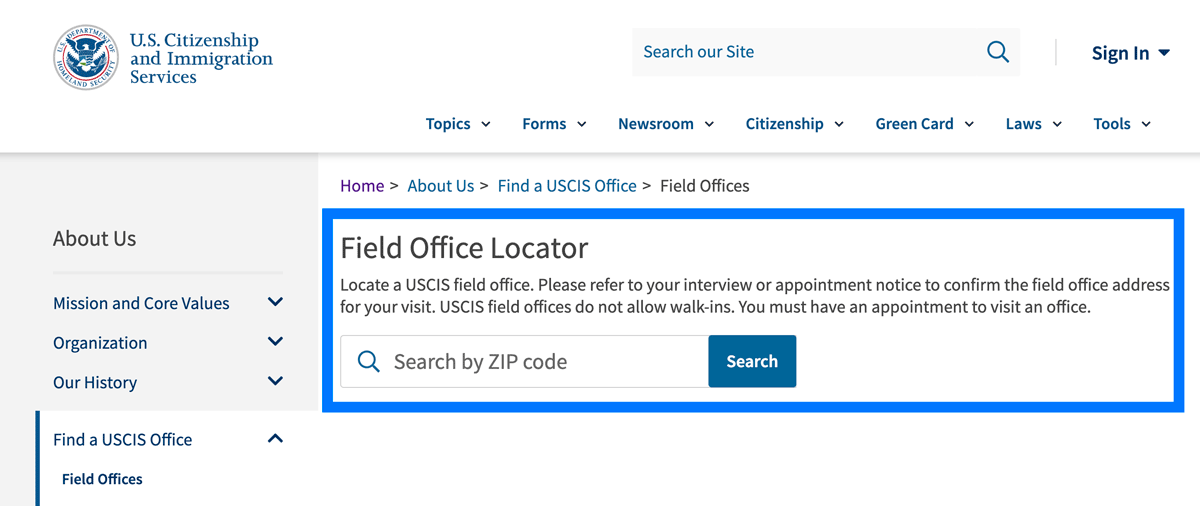
What happens if I move after I file my N-400 application for naturalization?
If an applicant moves after they’ve filed their citizenship application, the applicant is required to notify USCIS as soon as possible. The USCIS will then transfer the applicant’s case to the USCIS field office that is associated with their zip code.
What if I apply early for naturalization and my address changes?
Lawful Permanent Residents are allowed to apply for citizenship 90 days before they meet their continuous residency of 3 or 5 years.
So, it’s important to note that if you apply early, and then change your address, the USCIS will still consider your address to be the “Current Physical Address” you write in Part 5 of your application.
Again, it’s important to notify the USCIS as soon as possible if your address changes.
You must be a person of “good moral character”, according to the U.S. government
What does it mean to be a person of “good moral character” according to the USCIS?
The government will decide who is of “good moral character” on a case by case basis.
In general, this means that an applicant for U.S. citizenship will be expected to abide by the same laws and principles as their community, which is the people of the United States. The USCIS specifically examines the 5 year period of time before the lawful permanent resident applies to become a citizen.
Then, the USCIS expects lawful permanent residents to continue demonstrating good moral character until they take the Oath of Allegiance.
However, there are some crimes which may permanently prevent anyone from becoming a U.S. citizen such as murder, Illegal drug possession, Illegal gambling, lying to immigration services for immigration benefits, time in jail or prison, two or more drunk driving convictions, any felony, and lying to the U.S. government for any reason.
You must pass a naturalization test demonstrating English skills and civic understanding
How will I demonstrate my English skills and civic understanding?
Applicants will need to take a two part naturalization test. Applicants will have 2 chances to complete this test.
- The first half of the exam proves the applicant can read, write, speak, and understand English.
- The second half is a civics test where the applicant proves their knowledge of U.S. history and government. They will be asked 10 questions from a list of 100 questions. They must get 6 of the 10 questions correct.
The test is straightforward and USCIS provides materials for applicants to study and prepare.
Is anyone exempt from the English and Civics test?
Yes, there are two exemptions, the first is based on age, and the second is based on disability.
Applicants are partially exempt if they’re at least 65 years old and lived in the U.S. as a lawful permanent resident for at least 20 years. These applicants will only be required to study 20 specific questions. Then, they will only be asked 10 of those questions. Then, they only have to get 6 of the 10 correct.
Applicants who have a physical, developmental disability, or mental impairment may be exempt from taking the English and Civics test with an approved Form N-648.
Males between the ages of 18 and 25 must register with the selective service
In normal circumstances, you will not be required to join the military. However, there is a legal framework that allows the United States to enforce a draft if they need military personnel.
Who has to register for selective service?
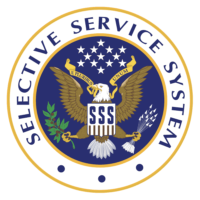
Almost all male citizens between the ages of 18 and 25 must register for selective service. The selective service is how the military knows which people are available to be drafted into military service.
If you are a lawful permanent resident and you haven’t turned 26 yet, you must register for selective service before applying for citizenship. If you don’t, your application for naturalization will probably be denied.
Who is exempt from selective service?
- Women are not required to register for selective service.
- Men who are 26 or older.
- Men who did not live in the U.S. between ages 18 and 26.
- Men who lived in the U.S. between ages 18 and 26 but under another lawful status other than as a lawful permanent resident. An example might be a male living in the U.S. as a student.
- If you are a male born after March 29, 1957 and before December 31, 1959, you won’t need to sign up for selective service.
How can I register for selective service?
- One of the easiest ways to sign up for selective service is online.
- You can also sign up for selective service at a U.S. post office.
- If you received a selective service registration card in the mail, you can fill it out and mail it back to them.
What if I don’t know if I registered for selective service?
If you’re unsure whether or not you’re registered for selective service, you can enter your personal information online to check your registration status.
You can also call the selective service at (847) 688-6888. If you’re still unsure you can request a status information letter.
What if I failed to register for selective service?
Applicants who didn’t register for selective service before they turned 26, can no longer register. This might make them ineligible for naturalization depending on their age.
If you’re a male between 26 and 31 years old, you’ll need to prove to the USCIS that you did not knowingly or willfully fail to register, or that you weren’t required to register for some reason.
There are also times when a lawful permanent resident might have attempted to register for selective service, but USCIS or Selective Service did not complete the registration. If you can prove these circumstances, you need to get a status information letter and send it to the USCIS.
If you’re a male over the age of 31 and you didn’t register for selective service, you should still be eligible for citizenship. According to USCIS, this is true even if you knowingly didn’t sign up for selective service. You are eligible because you’re now over the age required to register.
Of course, the best thing to do is register for selective service if you’re between the ages of 18 and 26. This will help you avoid having your application for naturalization denied.
You must be willing to support and defend the U.S. Constitution

How will I prove I’m willing to support and defend the Constitution?
Anyone applying for citizenship through naturalization must be willing to support and defend the United States and the U.S. Constitution.
The way that you officially show your willingness to support the U.S. constitution is by taking an Oath of Allegiance. This proves your “attachment” to the United States and the principles that govern the country. At the Oath of Allegiance ceremony, USCIS will require you to do swar these things:
- You give up your allegiance to any other nation besides the U.S.
- You swear allegiance to the United States.
- You support and defend the Constitution.
- You’ll serve the United States if you’re required to.
You can think of this ceremony as the finish line. This is the final step, and you will be considered a U.S. citizen after you’ve attended this ceremony.
After Taking the Oath of Allegiance
Following the ceremony, there are other important steps you might want to take as a new U.S. citizen. These steps include
Order Your Certified Translation
U.S. Language Services is not a law firm; its content should not be taken as legal advice. For specific legal concerns, please consult a licensed attorney. Similarly, financial information on our site is for informational purposes only, not financial advice. Consult a certified financial advisor or tax professional for advice tailored to your situation.
By accessing U.S. Language Services, you acknowledge that it does not provide legal or financial advice. You agree not to rely on its content as such. U.S. Language Services and its contributors bear no liability for any inaccuracies, losses, or damages resulting from the use of information on our site.
Guaranteed Acceptance
All our certified to English translations are accepted by the USCIS. Our translations follow the guidelines established by the USCIS and are also accepted by educational institutions.
Most Requested Documents
FAQs
You can order most translations 24 hours a day, 7 days a week through our online store. For large projects (more than 20,000 words or 50 pages), please request a quote.

